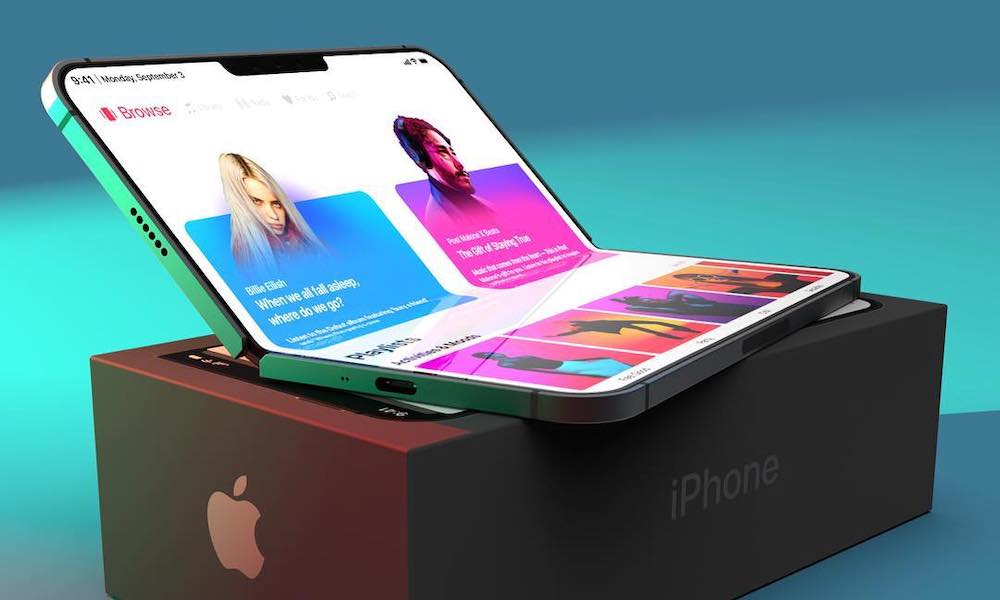Apple’s First 5G Modem for iPhone Won’t Be Ready Until 2025
 Credit: Bro.King / Instagram
Credit: Bro.King / Instagram
Toggle Dark Mode
A new report reveals some fresh details about just how strained Apple’s relationship with Intel is, as well as Apple’s own 5G modem development.
Basically, Apple’s frustration with Intel’s modem business began long before any specific problems with Intel’s slow development of 5G modems, sources told The Information. In fact, one particular anecdote concerned modem development back in 2017.
A Long Painful Divorce
Johnny Srouji, Apple’s VP of hardware was reportedly disappointed in Intel’s modems that year. While Apple was preparing its 2018 lineup of smartphones, Srouji was allegedly frustrated that the XMM 7560 modem they were set to use “wasn’t functioning properly.”
That’s despite the fact that Intel has overhauled the XMM 7560 four times to try and compete with Qualcomm’s latest modems. Along the way, Intel missed “multiple deadlines” in its development schedule.
This frustration with Intel is likely a key reason why Apple decided to settle with Qualcomm. In other words, Apple would have dug itself a bigger hole if it decided to stick with Intel’s modems in the 5G era. In fact, just one day after the Apple-Qualcomm settlement was announced, Intel itself said it was exiting the 5G modem business.
Jim McGregor, a Tirias Research analyst and partner, told The Information that “it was a long and painful divorce.”
5G iPhone Release Date
The various problems with both Qualcomm and Intel is likely a key reason why Apple is looking to develop its own modems. But first-party Apple 5G chips may be a long ways off. According to The Information, Apple has told its engineers that the first Apple 5G modem will be ready by 2025.
Still, the first 5G iPhone will likely be coming way before that, debuting sometime in 2020. As part of its settlement with Qualcomm, Apple secured a multiyear supply agreement with the San Diego chipmaker — an agreement that, presumably, includes 5G modems.
Apple does have a larger in-house modem development team, which suggests that Qualcomm-sourced chips aren’t a permanent solution. But while that chipset supply agreement is temporary, it could allow the Cupertino handset maker to debut 5G modems long before its own chip is ready for the market.
And it isn’t just the iPhone that’s been impacted by Intel’s sluggish development. In the last Apple earnings call, Tim Cook blamed weak Mac sales on Intel chip constraints. (Intel, in fact, has even been lagging on microcode updates to patch vulnerabilities in its older hardware.)
Like with 5G modems, Apple is largely expected to develop its own chips for Mac products. Those supposedly ARM-based processors could debut as early as 2020 to 2021.
The report just illustrates some of the reasons why Apple has long looked to reduce its reliance on third-party suppliers. Apple already designs a lot of the silicon that goes in its products. And with Mac chips and iPhone modems on the table, it’s safe to say that most Apple products will probably sport Cupertino-designed chips in the future.







